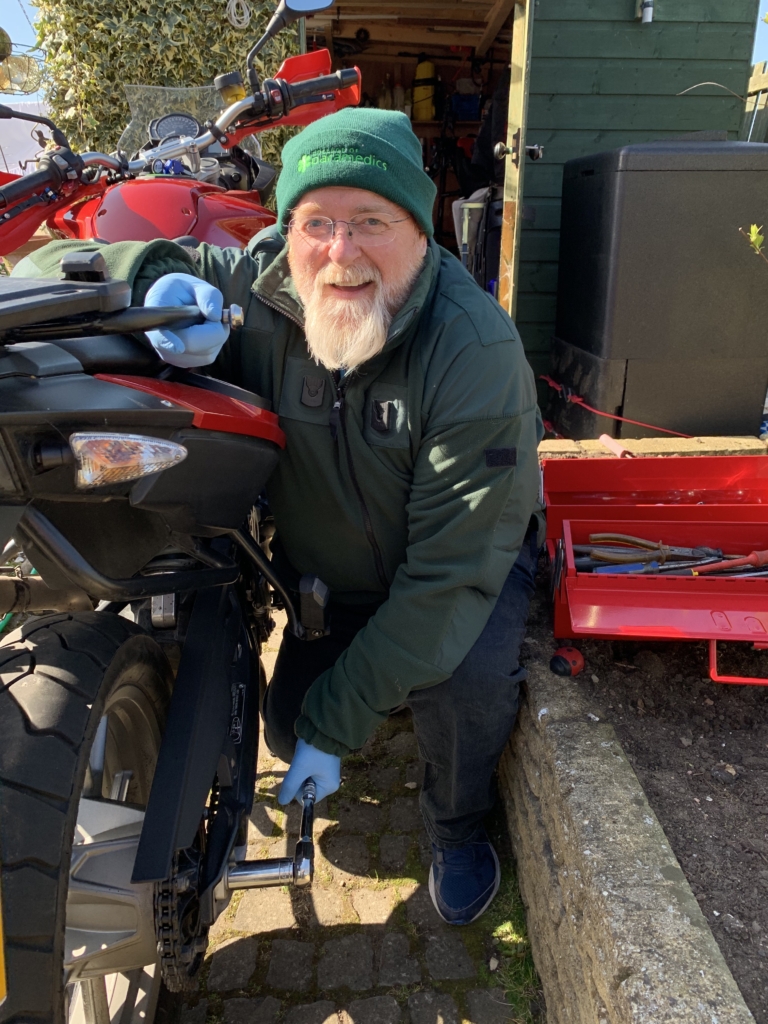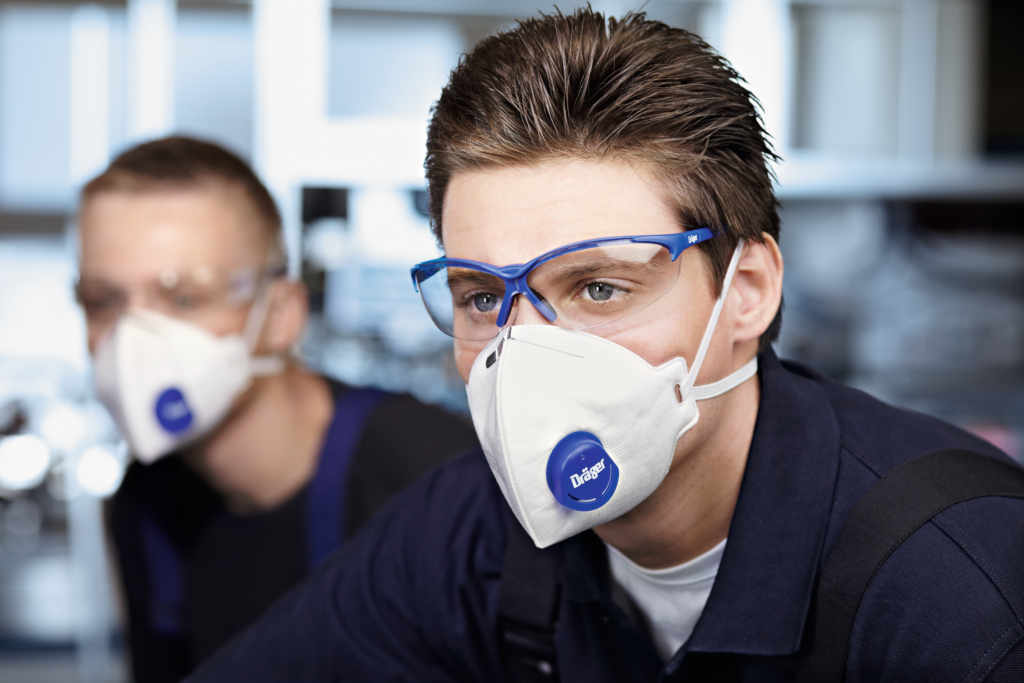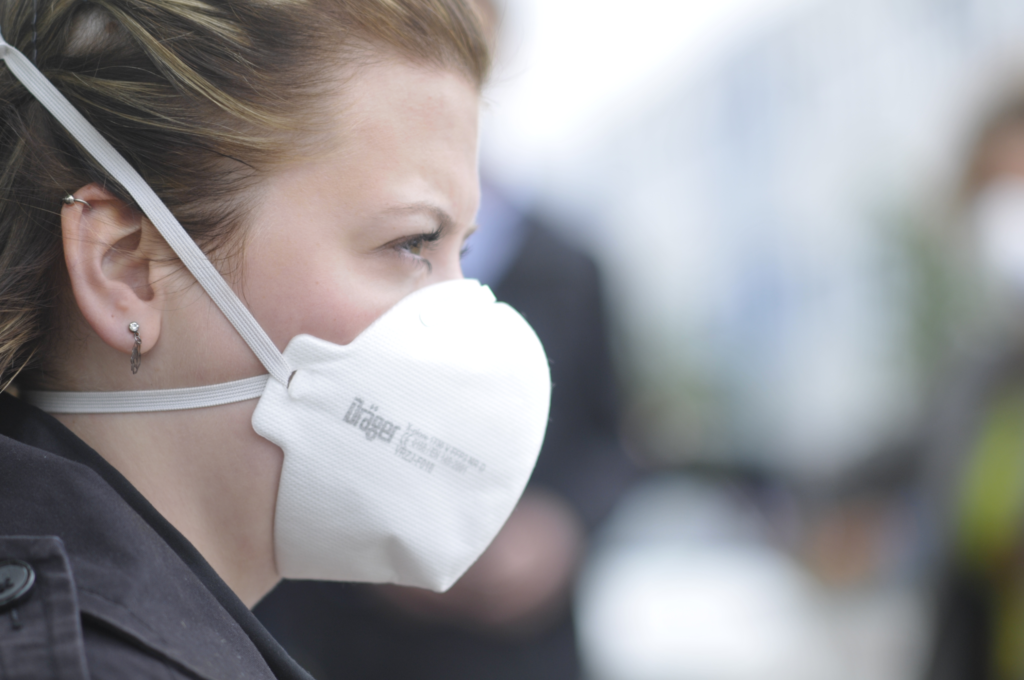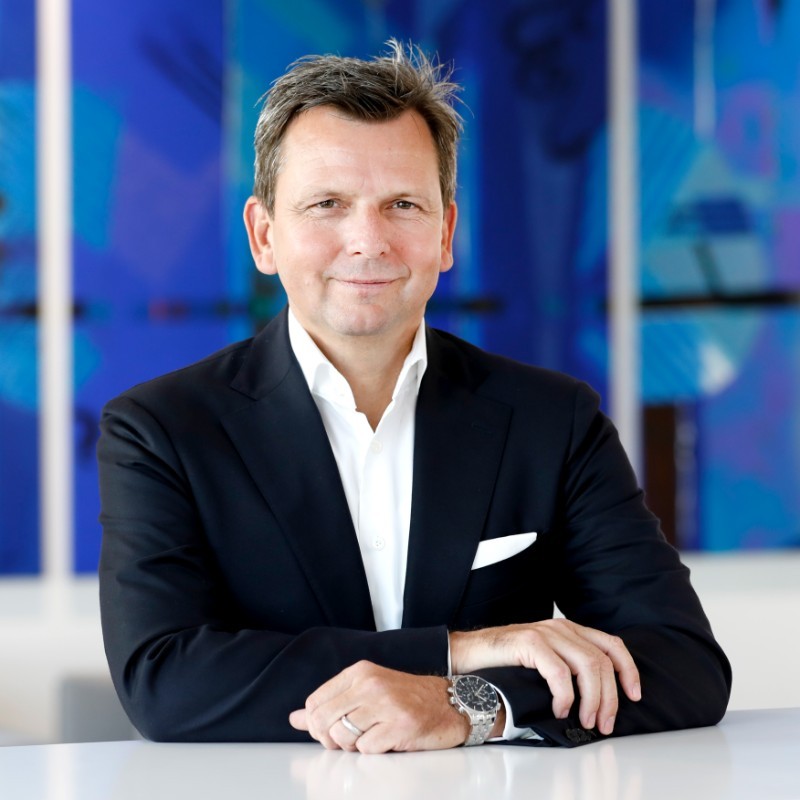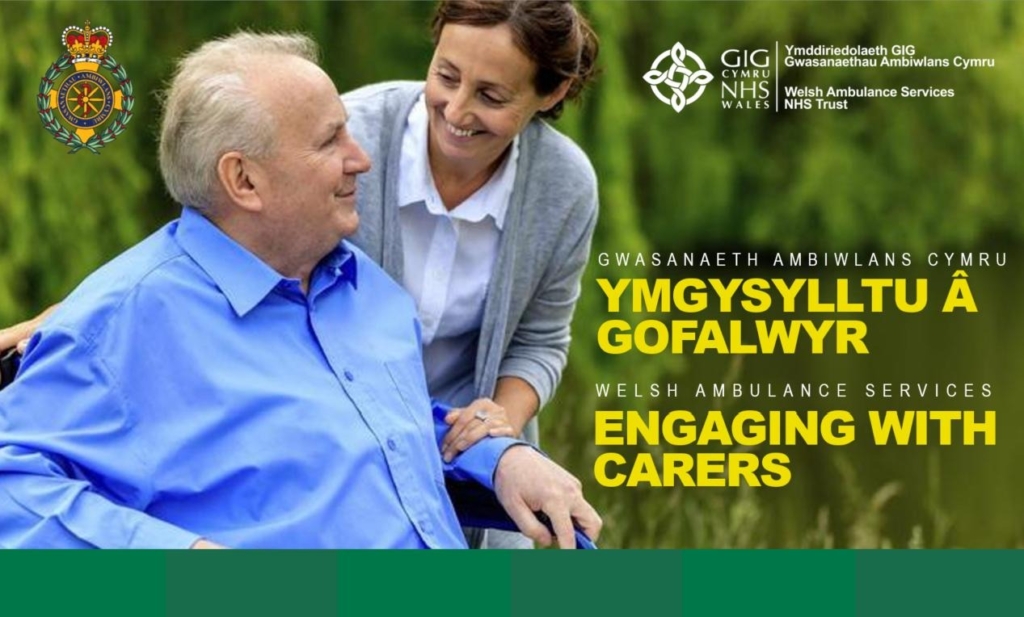Why I Decided to Respond to the Covid Call-Up
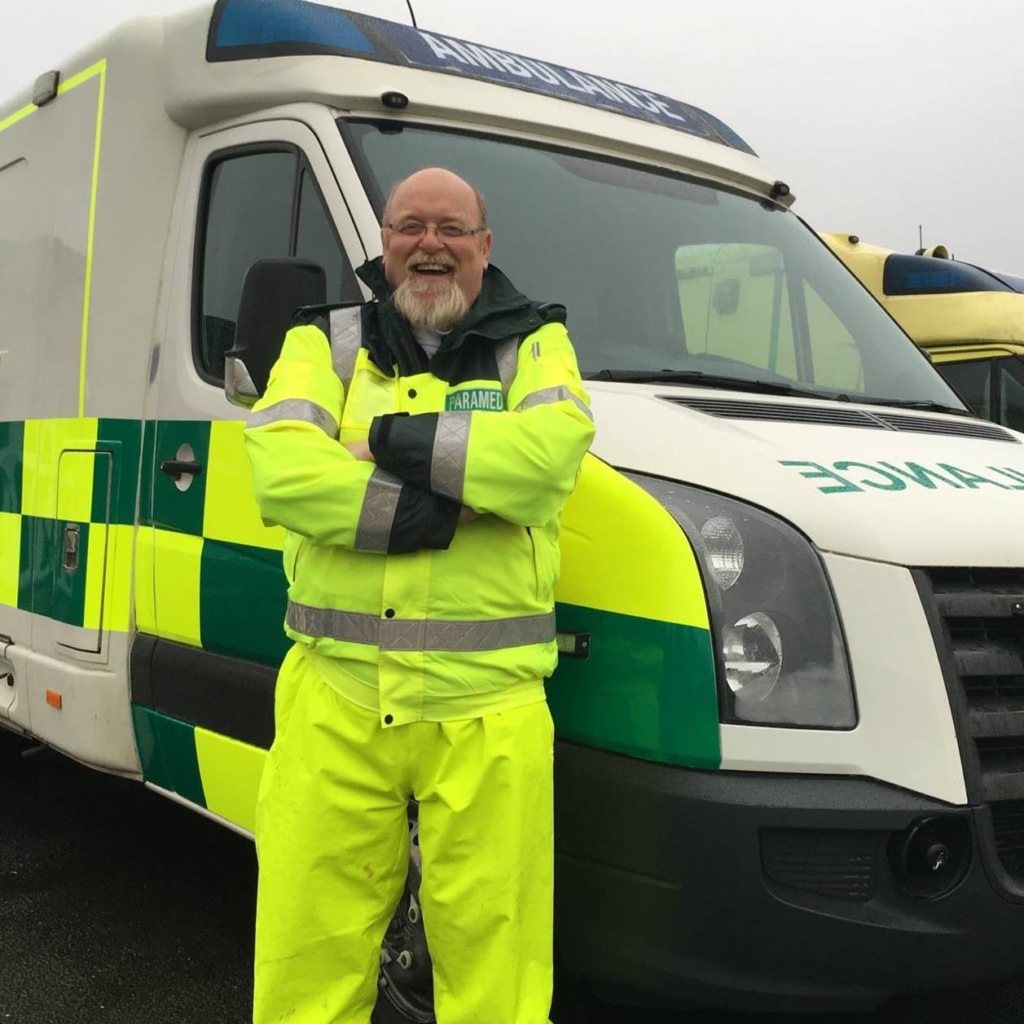
Published in Ambulance Today, Issue 2, Volume 17, SARS-CoV-2 Pandemic — Global EMS Response,
Summer Edition 2020

I retired from full time work as Chief Executive of the College of Paramedics on December 31, 2019 with full intentions of rekindling my musicianship and building my bike workshop.
Like most of the world, I watched with horror and incredible sadness the spread of Coronavirus across the globe and its inevitable arrival in the UK.
Spending most of my ambulance life in the Scottish Ambulance Service and knowing the work, training and planning that the service had been doing for many years it was no surprise when the request was made both by the Scottish Ambulance Service and NHS Scotland for retired staff to return to work if possible.
A number of thoughts went through my head; not least, at 64 years of age, ‘was the risk too high in terms of being able to do the job?’
I still work part-time as a paramedic in motorsports and had no concerns about my clinical capability but did have concerns about spending lengthy periods in PPE. Not only that, but did I have the level of physical fitness to cope with 12 hour shifts and the physicality of frontline work?
I considered my mental health too. In the end however, I came to the conclusion that my personal resilience, and the very close networks of family, friends and colleagues I have, made me as well prepared as any other paramedic at this time.
In my heart I knew I could assist and wanted to help in any way I could. One of my go to questions internally from Doc Hinds sprung to mind: “Are my intentions honourable?” Yes, they were.
I completed the online forms and submitted my application through the Scottish Government systems. A few days later I had a couple of responses and started the process of being recruited to Bank Staff with both NHS Lothian and the Scottish Ambulance Service.
A number of calls have had a significant mental health element to them … On several occasions I have stayed on a call … to listen and chat, and hopefully help the patient.
I had discussions with my wife and family and we decided that frontline ambulance was not going to be the best thing for me to do. My previous post was as clinical director and my paramedic consultant post was in clinical decision-making around telephone triage, and this was the area I offered to return in.
I attended a three-day course with the Scottish Ambulance Service and, along with a number of others who returned to the service, worked through the core skills and changes that had taken place over the last few years. This included a driving assessment on a modern ambulance to ensure that we were safe and competent.
Looking around the room at our “socially distanced” group it was clear that there was close to 600 years of experience between us. Yet despite this, we all shared very honestly the trepidation we felt, the limitations we thought we may have and our overwhelming desire to help patients in whatever way we could.
Mental preparation for me was going to be important. Like most paramedics, I have seen my share of good and bad things over the years and expected this would be amongst the worst and most challenging.
My own decision was to limit myself to one news programme a day, watch the government briefings and follow on social media the people I found to be factual and credible and non-sensationalist. I followed the scientific evidence as it appeared, and developed my own opinion on what was going to be right for me and my family.
Coronavirus was, and still is affecting our family in the same way as every other person in the country. We weren’t able to see or hug our grandkids for several months which was incredibly tough and our youngest son, who is an adult and has learning disabilities was in lockdown with his carers for fourteen weeks, so we had to rely on the wonderful care team to keep us updated. Thankfully, since then, we’ve been able to have him home for a weekend which was pretty emotional.
I started my first shift with NHS Lothian in the Covid hub at the beginning of May 2020 and, after a short induction and familiarisation with the software and processes, I was up and running. The team is mostly made up of General Practitioners, and I am the only paramedic on the team.
The GPs have been incredibly supportive and are always on hand to answer a question or suggest a direction for a patient. Learning the referrals pathway has been a steep learning curve, but again I’ve been assisted by a team happy to advise and support.
From a paramedic perspective, the work (I do 3 or 4 shifts per week in the Covid Triage Centre) is interesting and very different to working on an ambulance. I see a patient’s clinical record, emergency care summary, previous NHS contact and current medicines all before I speak to the patient or carer.
This adds greatly to the decision-making process and assists in getting a good patient outcome. A number of calls have had a significant mental health element to them, often due to lockdown changing people’s interaction with the world around them. On several occasions I have stayed on a call (when no other patients are waiting) to listen and chat, and hopefully help the patient.
To date, I have not been asked to undertake any ambulance shifts as current demand and levels are being incredibly well managed by NHS boards. But if the situation changes in the future, then I’m more than ready and willing to do my bit.
Quality content
- Casinos Not On Gamstop
- Casinos Not On Gamstop
- Casino Sites Not On Gamstop
- Non Gamstop Casino
- UK Online Casinos Not On Gamstop
- Casino Sites Not On Gamstop UK
- Casino Sites Not On Gamstop
- Games Not On Gamstop
- Sites Not On Gamstop
- UK Online Casinos Not On Gamstop
- Casino Not On Gamstop
- Slots Not On Gamstop
- Casino Not On Gamstop
- Gambling Not On Gamstop
- Casinos Not On Gamstop
- Non Gamstop Casino
- UK Online Casinos Not On Gamstop
- Casino Sites Not On Gamstop
- Best Betting Sites
- Best UK Online Casinos
- New Horse Racing Betting Sites

